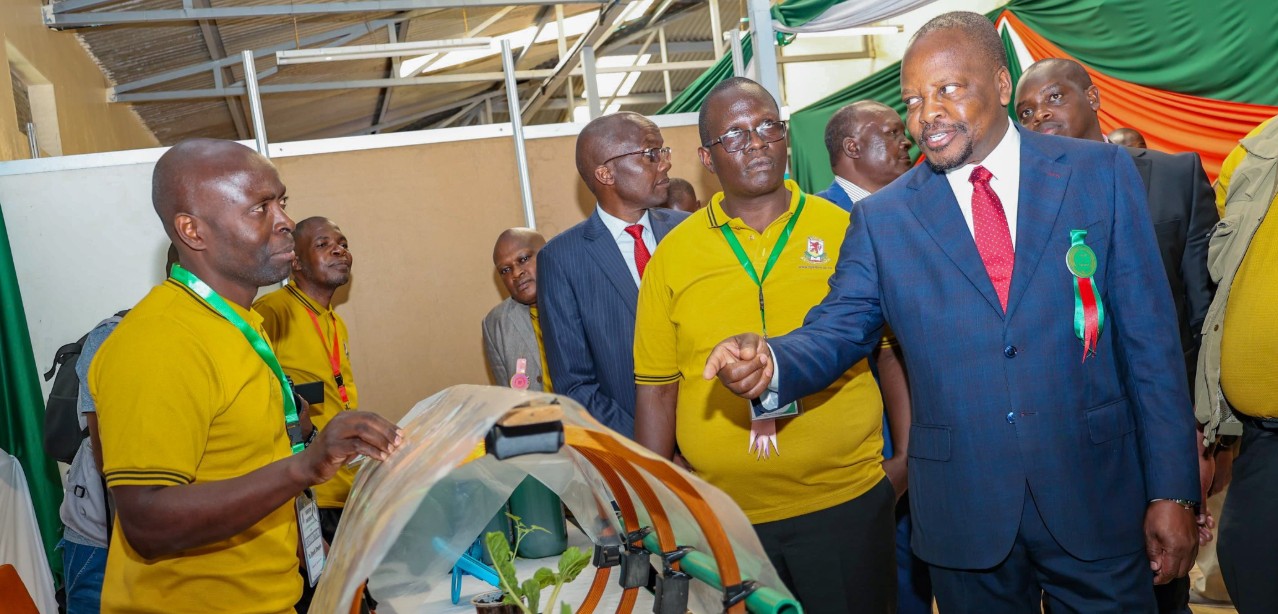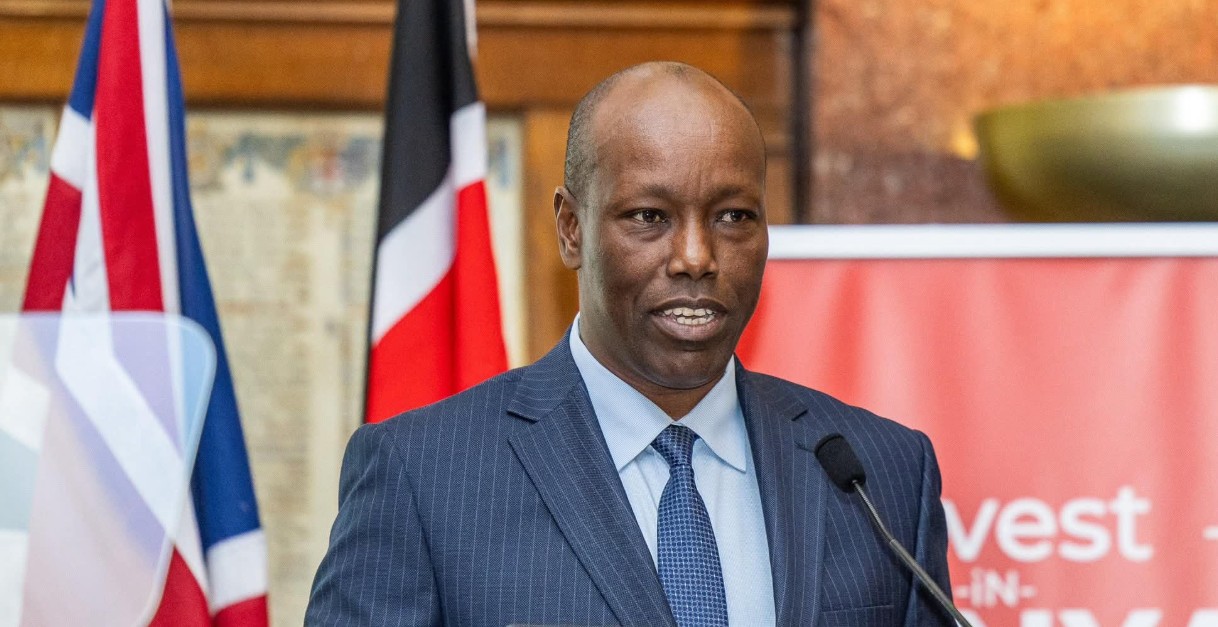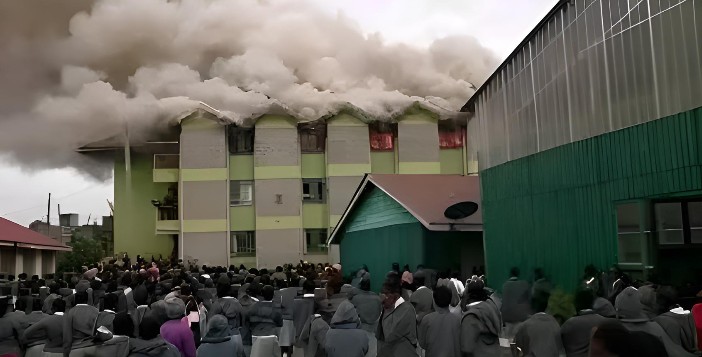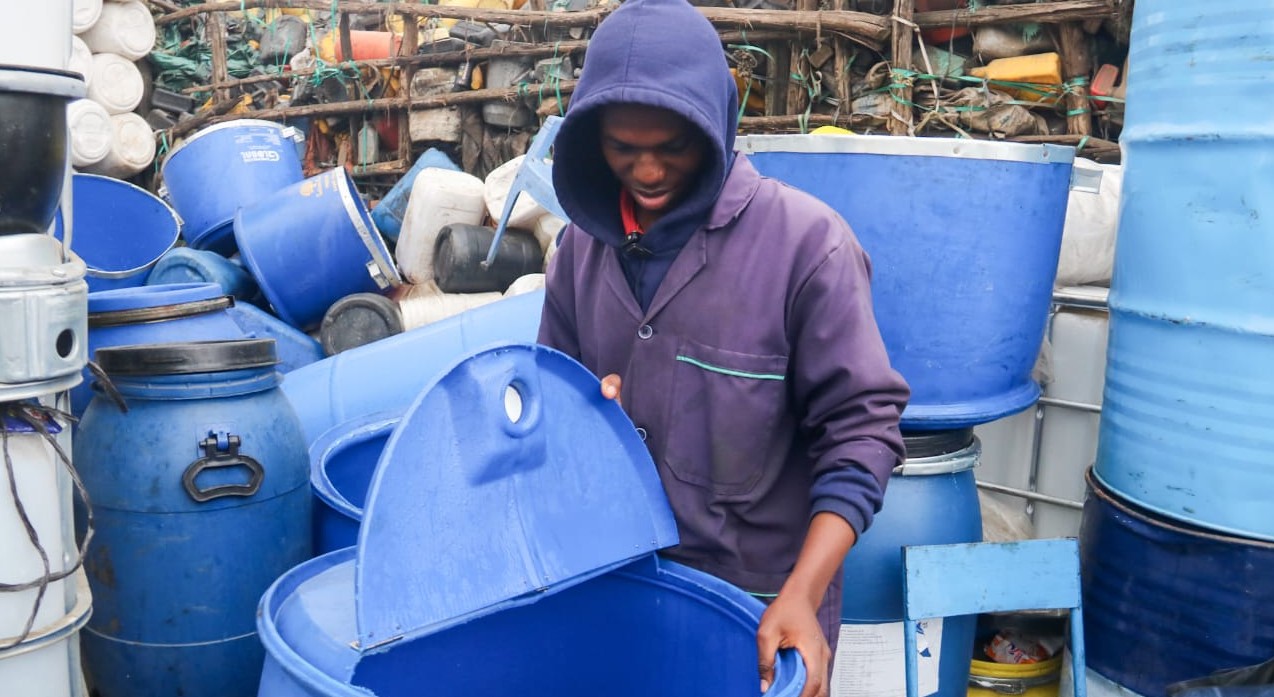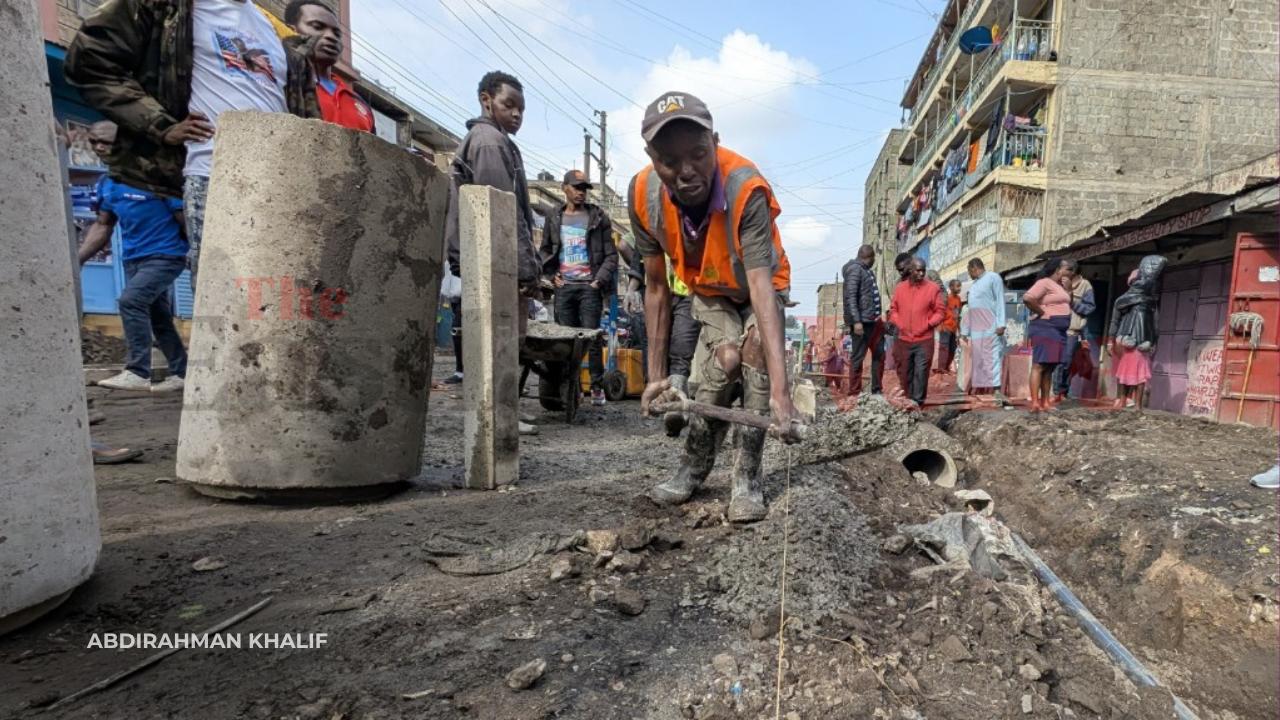Activists demand crackdown on unsafe reuse of glass bottles by Kenyan beverage firms
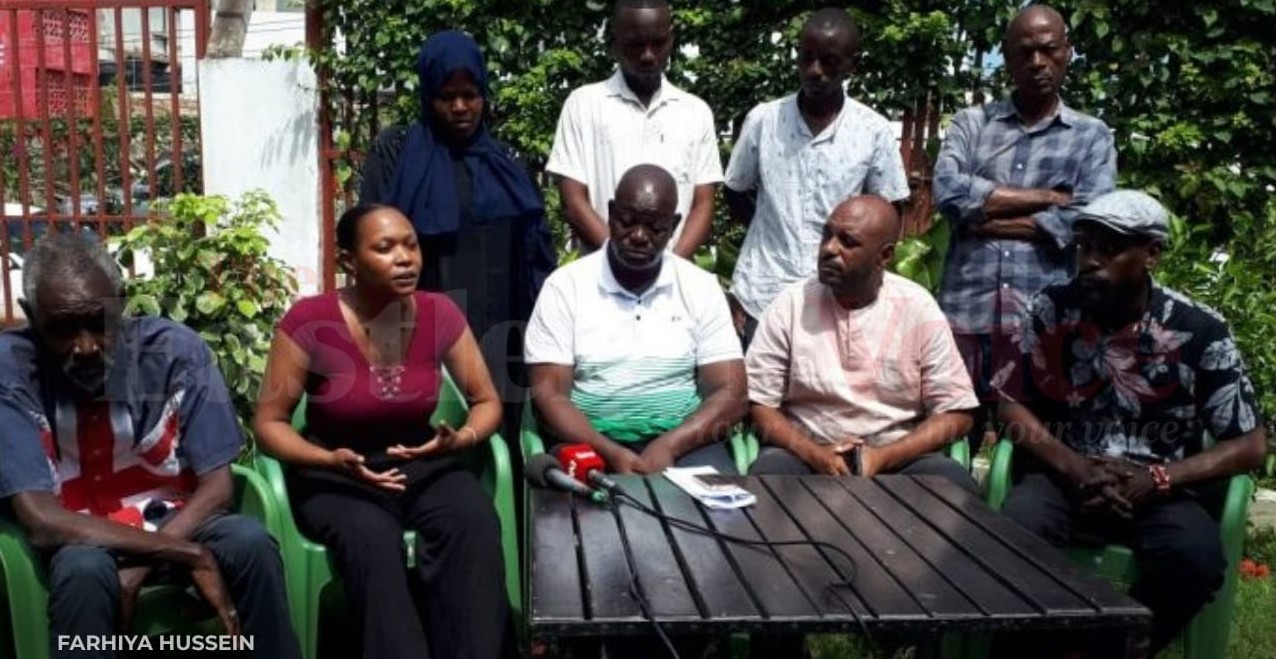
They are demanding stricter regulation, including mandatory audits, clear labelling of reused bottles, and the adoption of a safe recycling model where glass is remelted and reprocessed.
Human rights and environmental activists are calling on the Ministry of Health to address what they term a growing public health and environmental crisis caused by the unregulated reuse of glass bottles by some beverage manufacturers in Kenya.
They are urging Health Cabinet Secretary Aden Duale to impose an immediate ban on all unsupervised reuse of glass bottles in food and beverage packaging.
More To Read
They are also demanding stricter regulation, including mandatory audits, clear labelling of reused bottles, and the adoption of a safe recycling model where glass is remelted and reprocessed.
The alarm was sounded at a press briefing in Mombasa, where advocacy groups led by Caleb Ngwena of the Genesis for Human Rights Commission revealed findings of unsafe bottling practices, including the use of contaminated glass containers collected from unhygienic sites like dumps, open sewers, and informal waste grounds.
“This is a crisis in waiting. Beverage companies are putting lives at risk by using bottles gathered from the filthiest of places, with no guarantee that they are properly sterilised or handled under safe conditions,” said Ngwena.
Lapses in hygiene standards
The report, compiled by a network of civil society organisations focused on public health and environmental sustainability, reveals shocking lapses in hygiene standards.
The investigation found that some reused bottles were contaminated with harmful bacteria such as Salmonella and E. coli, as well as fungi, pesticides, and heavy metals—issues that campaigners say are largely ignored by regulators.
Key concerns include the collection and reuse of bottles from unhygienic sites, a lack of standardised cleaning procedures, and insufficient oversight from the Kenya Bureau of Standards (KEBS) and county health authorities.
Diana Adhiambo from Vocal Environmental Conservation insisted that their petition is not an attack on business, but a call for safe manufacturing practices.
“Kenyans deserve to know that what they are drinking isn’t coming from a bottle that sat in sewage or a rubbish heap,” she said.
They have given the government a two-week window to act, failing which they plan to escalate their campaign through the courts and the National Assembly’s Health Committee.
The petition has been endorsed by several grassroots and national organisations, including Better Environmental Rights, Suluhisho Environment CBO, Peoples Movement for Human Rights, and Prepared Society.
“Public health and environmental safety are non-negotiable rights; the government must not wait for a catastrophe before it acts,” added George Riri of Suluhisho CBO.
Top Stories Today
